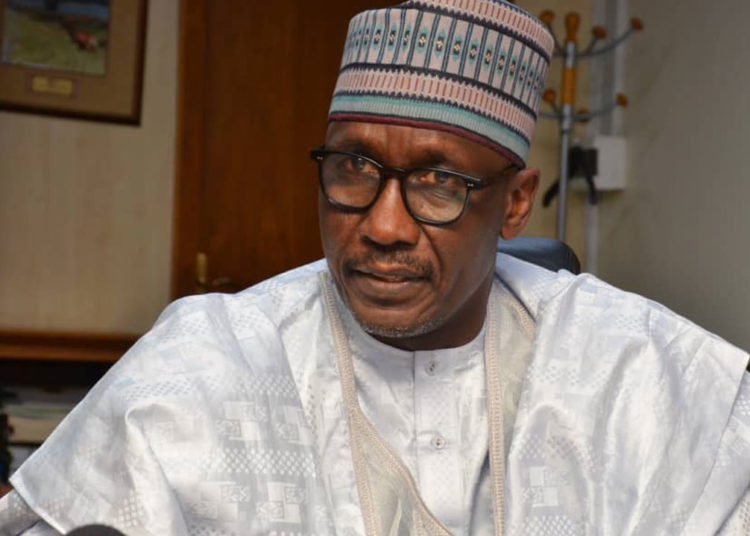WAGL Energy Limited, a joint venture business operated by the Nigerian National Petroleum Company (NNPC) Limited and Sahara Group, is set to develop and construct jetties across West African countries to boost the supply and penetration of Liquefied Petroleum Gas (LPG) in the sub-region.
Emmanuel Ubani, Managing Director, WAGL Energy Limited said discussions were already at advanced stages for the first in the lot.
He said the move was part of the several efforts by the company to take advantage of the opportunities in the energy transition space, adding that WAGL had embarked on developing infrastructure to take beneficial advantage in the emerging energy transition era.
While acknowledging growing LPG demand in Africa, Ubani, advised that more strategic policies and investments are required to further promote and deepen the product’s utilisation in rural communities in the continent.
According to him, for LPG to increase to a significant or dominant market position in Sub-Saharan African countries, an enabling environment for the sector must be put in place. He listed the elements that make up the enabling environment as infrastructure -both liquefaction and regasification plants, gas distribution, pipelines and/or gas distribution trucks, cylinder distribution and/or segmented local distribution to individual houses and industries.
He said, “All parts of the value chain must be in place and functional, that is, a distribution system to enable feasible access for the users must exist, a ready and vibrant market network and most importantly, acceptable and accommodating uses of the alternative energy source.
Ensuring this requires both public and private investments at a level that allows for economies of scale, supporting in making the sector commercially viable. Sufficient attention on policy and strategic level, with clear responsibility allocation and appropriate regulation of the sector, is required.”
Ubani said nations seeking to lead energy transition across the continent would need to massively de-risk and promote more private sector investment, a step he described as very critical.
“Governments need to do a great job at providing an enabling environment for the sector to thrive. They need to take advantage of the abundancy and competitiveness of renewables and also support systemic innovation, especially as it affects the changing energy mix,” Ubani advised.





